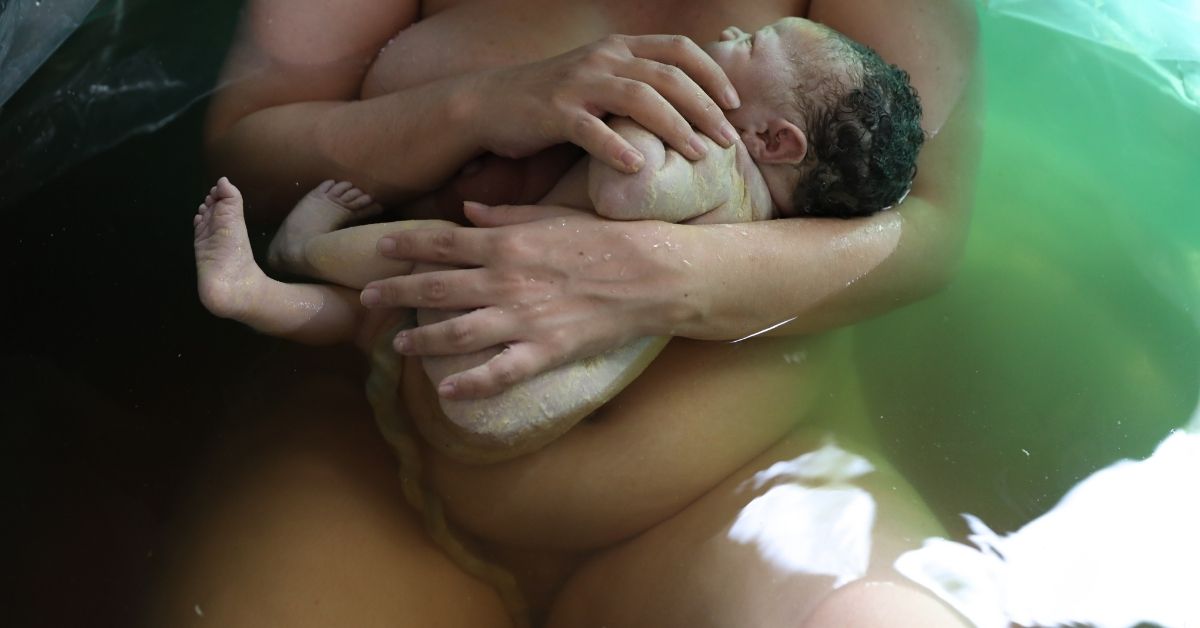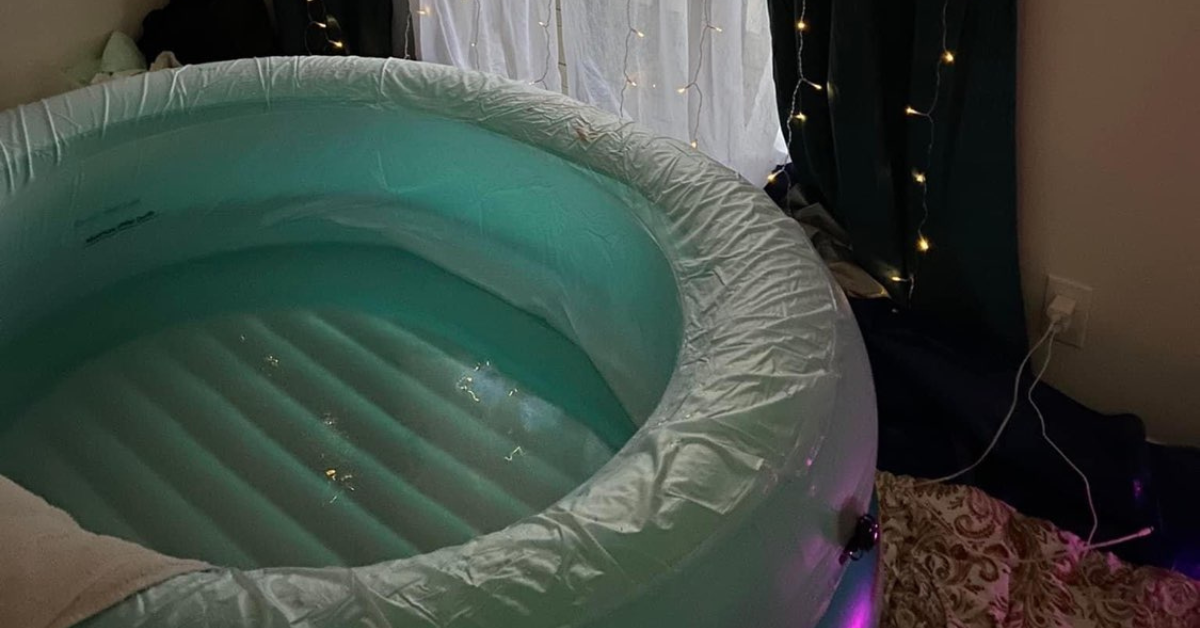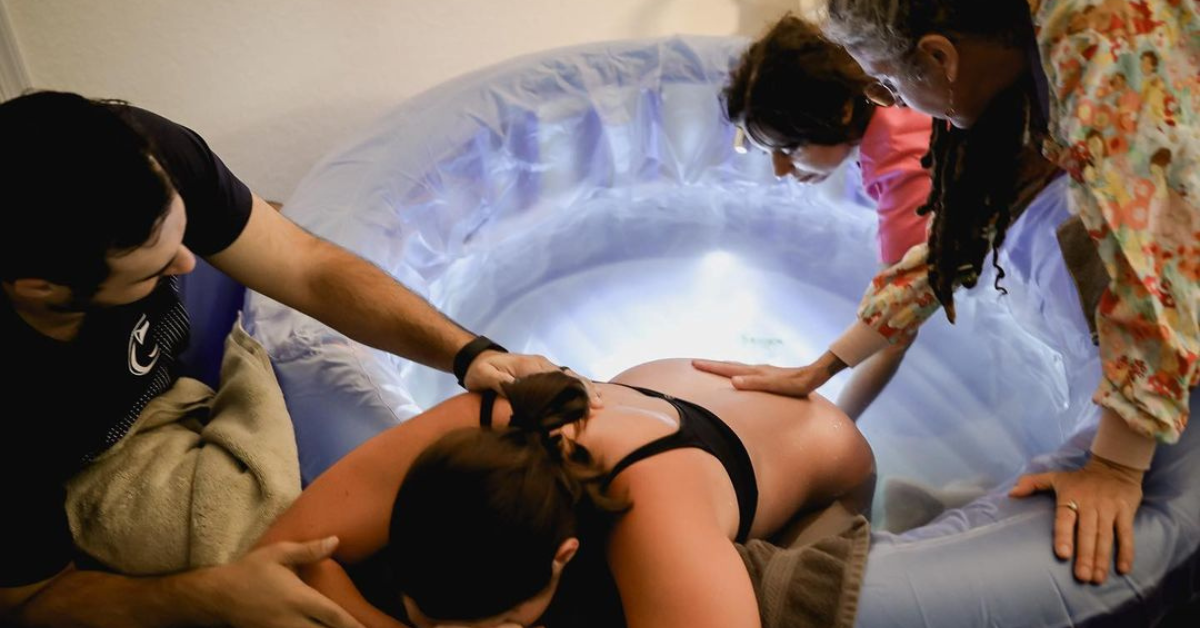Vernix Caseosa is a substance that a fetus secretes during the pregnancy’s last trimester. It covers most of the baby’s body. In the uterus, this covering is thick and protects the baby from the effects of amniotic fluid. It is important because it has other vital functions while protecting the baby. Vernix Caseosa aids the development of the baby’s skin and regulates temperature.
As we learn more about the holistic benefits of living more closely to natural processes—what better place to begin than childbirth. Traditional medicine is catching up to the knowledge and practices of midwives. Home births are holistic, and midwives receive specific training in these areas. If you’re a new mother and curious about the importance of Vernix Caseosa keep reading.
The Process of Vernix Caseosa
Every parent understands that the first time they meet their child, it is love at first sight. Babies come in an unpleasant state. A newborn enters the world coated in the white, cheesy-looking covering. Typically, the newborn requires assistance in getting photo-ready after delivery.
Babies are washed before being presented to their mothers. This line of thought is evolving. Rather than discarding it, consider the advantages of rubbing this material into the newborn’s skin.
The National Library of Medicine provides extensive details regarding the definition and explanation of vernix caseosa. This protective covering translates literally as cheesy varnish. This physiological, organic biofilm is not a hazardous waste result of childbirth. The vernix caseosa comes from the newborn’s body for its protection.
This natural substance will not lose its value once a baby is born. In fact, benefits last for the first twenty-four hours following delivery.
Expectations
We’ve all heard about what to anticipate when pregnant. In a medically reviewed article by Marvin Resmovits, M.D he shares some of the benefits of vernix caseosa.
- Expect the vernix caseosa to deliver the following benefits:
- Assist with the development of the baby’s gut microbes.
- Aids as a natural lubricant to ease delivery
- Avoid bacterial illnesses.
- Assist in the healing of the mother’s wounds
- Keeps baby’s skin moist.
- Keeps the baby’s skin warm.
Delaying Baby Baths
Waiting at least six to twenty-four hours before washing a baby is now recommended by the World Health Organization (WHO). The WHO also advises against removing the vernix caseosa.
Here are some of the reasons why you should delay the baby’s first bath:
- Body temperature and blood sugar levels: Babies who are bathed immediately may get chilly and suffer hypothermia. The little stress of an early bath can also increase the likelihood of a blood sugar decrease in certain newborns (hypoglycemia).
- Bonding and nursing: Taking the baby away from their mother for a bath too quickly can interfere with skin-to-skin care, mother-child attachment, and early nursing performance. One study found that delaying the baby’s initial wash by 12 hours resulted in a 166% improvement in hospital nursing success when compared to those washed within the first two hours.
- Dry skin: As mentioned before Vernix is a waxy white material that covers a baby’s skin before birth. This material functions as a natural lubricant and contains anti-bacterial qualities. According to the American Academy of Pediatrics (AAP), it’s advisable to keep vernix on a newborn’s skin to help protect their fragile drying. This is especially crucial for premature infants, whose skin is extremely prone to abrasion.
Contact Midwife 360
Finally, vernix caseosa is a natural protective ingredient. Instead of immediately throwing it away, try to keep it on your infant for as long as possible.
Natural and holistic childbirth experiences are aided by a qualified midwife. As a result, there is an increased probability of using the vernix caseosa when working with midwife services.
Midwifery is a medical specialty that focuses on pregnancy, delivery, and postpartum care. Midwife360 is dedicated to offering women’s health care services ranging from family planning to labor and delivery. Our support team is available in West Palm Beach, Florida. Our midwives are experts in delivering high-quality, professional, and holistic birthing care.
Contact us for a consultation today!





